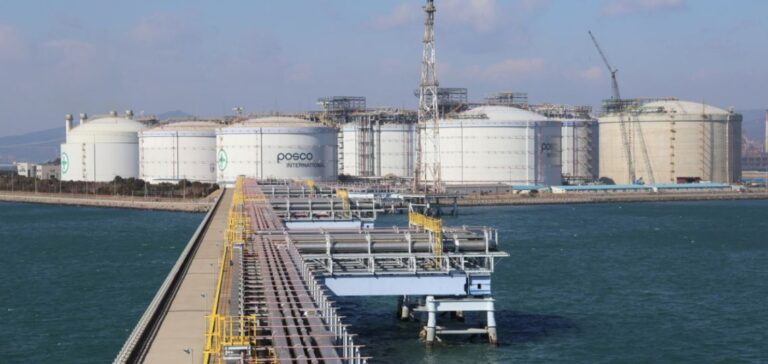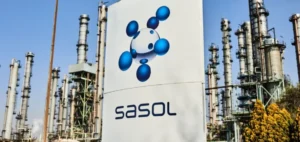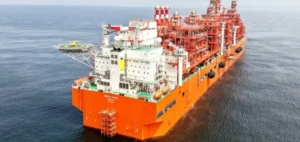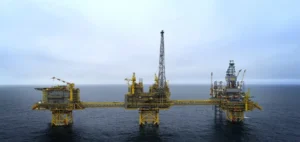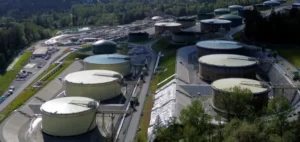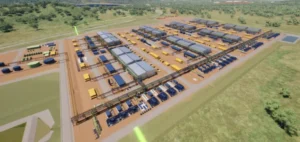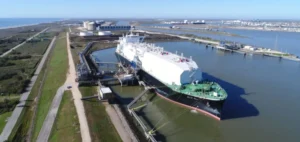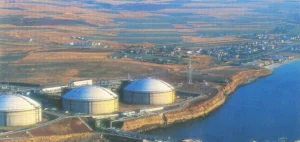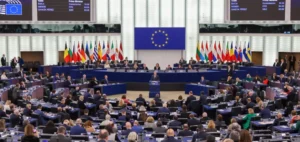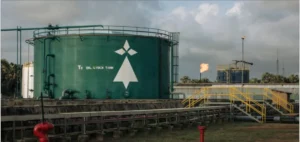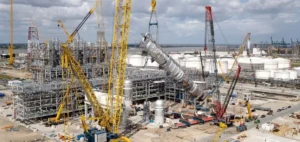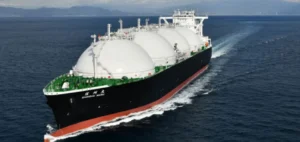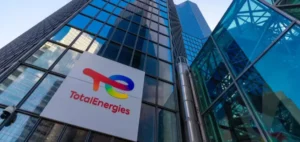POSCO International has completed construction of the Gwangyang liquefied natural gas (LNG) terminal on South Korea’s southern coast. This terminal, the first of its kind in the country, comprises six tanks with a total capacity of 930,000 kilolitres. This development considerably strengthens LNG storage and regasification capacity in the region, despite a desire to reduce dependence on LNG in several Asian countries.
POSCO International began work on the Gwangyang LNG terminal in 2002. The first reservoirs were commissioned in 2005, followed by several successive expansions until completion of the sixth reservoir in 2024. Individual tank capacities vary, with the largest having a capacity of 200,000 kilolitres.
Services and Use
The Gwangyang terminal offers comprehensive unloading, storage and regasification services for local LNG importers, including S-Oil Corp. and SK E&S. With this new capacity, POSCO International is able to handle larger volumes of LNG, meeting the growing demand for energy in South Korea.
Future projects
POSCO International has also launched work on a second terminal in Gwangyang, with commissioning scheduled for July 2026. The project will include two additional reservoirs, each with a capacity of 200,000 kilolitres. In addition, a third terminal is planned for Dangjin by 2027, to further strengthen the country’s LNG infrastructure.
The creation of these private LNG terminals means greater flexibility and energy independence for South Korea. Continued investment in LNG infrastructure is crucial to support growing energy demand and ensure the country’s security of supply.
POSCO International’s completion of the Gwangyang LNG terminal represents a significant step forward in South Korea’s energy infrastructure. With future projects already underway, POSCO continues to play a key role in the development and diversification of South Korea’s energy sector. Diversification and expansion of LNG infrastructures are essential to meet the country’s growing energy needs.


